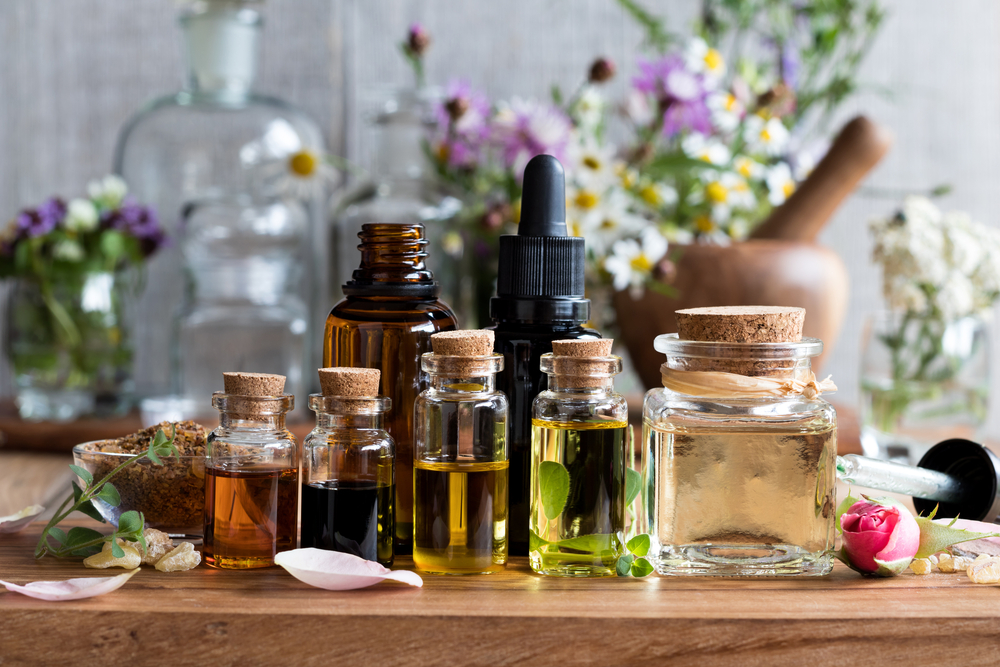Fragrances For a Good Night Sleep

- Iberchem Fragrances
- 12 May, 2020
- Categories: Fragrances, Scents, Trends
The use of fragrances to improve sleep has a long history. In ancient Egypt, for instance, people used to burn kyphi, an odorous resin containing various ingredients, to induce sleep and enhance dreams.
According to recent studies, more than 30% of adults regularly experience some form of sleep disorder, mostly insomnia. From meditation to nutrition, there are a whole host of different methods that can be used to improve their sleep. A common technique is aromatherapy with essential oils. Its accessibility and simplicity make it easy to integrate into a night-time routine, meaning it’s the go-to option for many people.
In recent years, research has demonstrated that essential oils can improve sleep quality and also help reduce disrupted sleep. One study found that mixing several sleep-promoting essential oils is even more effective at improving sleep quality. Aromatherapy using essential oils is also known to help to relieve stress and symptoms of anxiety, which may help to improve sleep indirectly.
Here’s our list of three essential oils – other than the well-known lavender – that are often used in aromatherapy for a better night’s sleep.
Bergamot
The bergamot is a citrus fruit the size of an orange, usually yellow or green in colour, depending on its ripeness. In terms of smell, it is somewhere between an orange and a grapefruit – definitely citrusy, but with a unique floral and spicy edge. It’s what gives earl grey tea its zesty scent and is widely used in perfumery as a top note.
Bergamot essential oil is distilled from the peel of the fruit. While most citrus essential oils are recognised for their invigorating effect, bergamot does just the opposite: it is known to slow the heart rate and reduce blood pressure. It also has a calming effect, reducing anxiety and stress, and making it the perfect scent to use before bed.
Valerian root
Valerian root is often referred to as Nature’s Valium. Valerian extract is commonly used to help promote sleep and is often found in bedtime teas, along with chamomile and lavender. But recent studies have also demonstrated that valerian may not only be helpful for falling asleep faster, but it could also even improve overall sleep quality.
Although less popular, the valerian aroma is also known for its relaxing qualities. However, the plant’s roots have a strong earthy odour that can be a little unpleasant for some people. That’s why it’s often recommended to mix it with other essential oils, such as lavender, to help minimise the strong smell.
Chamomile
Just like valerian root, chamomile is a very popular ingredient in relaxing teas or infusions. Its essential oil, which comes from the distillation of the daisy-like flowers, is also prized in aromatherapy for its sleep-inducing qualities.
There are two main types of chamomile on the market: Roman and German. Roman chamomile is known to be more relaxing than the German variety. Roman chamomile is fresh, sweet, fruity, herbaceous and slightly milky, while German chamomile smells more like sweet straw. Recent research has shown that the scent of Roman chamomile can help reduce anxiety, improve sleep quality and even has the potential to reduce nightmares!
There are many ways you can use essential oils in aromatherapy. The most common is to use them directly in an oil burner. If you’d like to experiment with something different, you can also follow these easy DIY instructions to make a reed diffuser or bed mist.
Did you know?
It takes on average 10-15 minutes for people to fall asleep.
